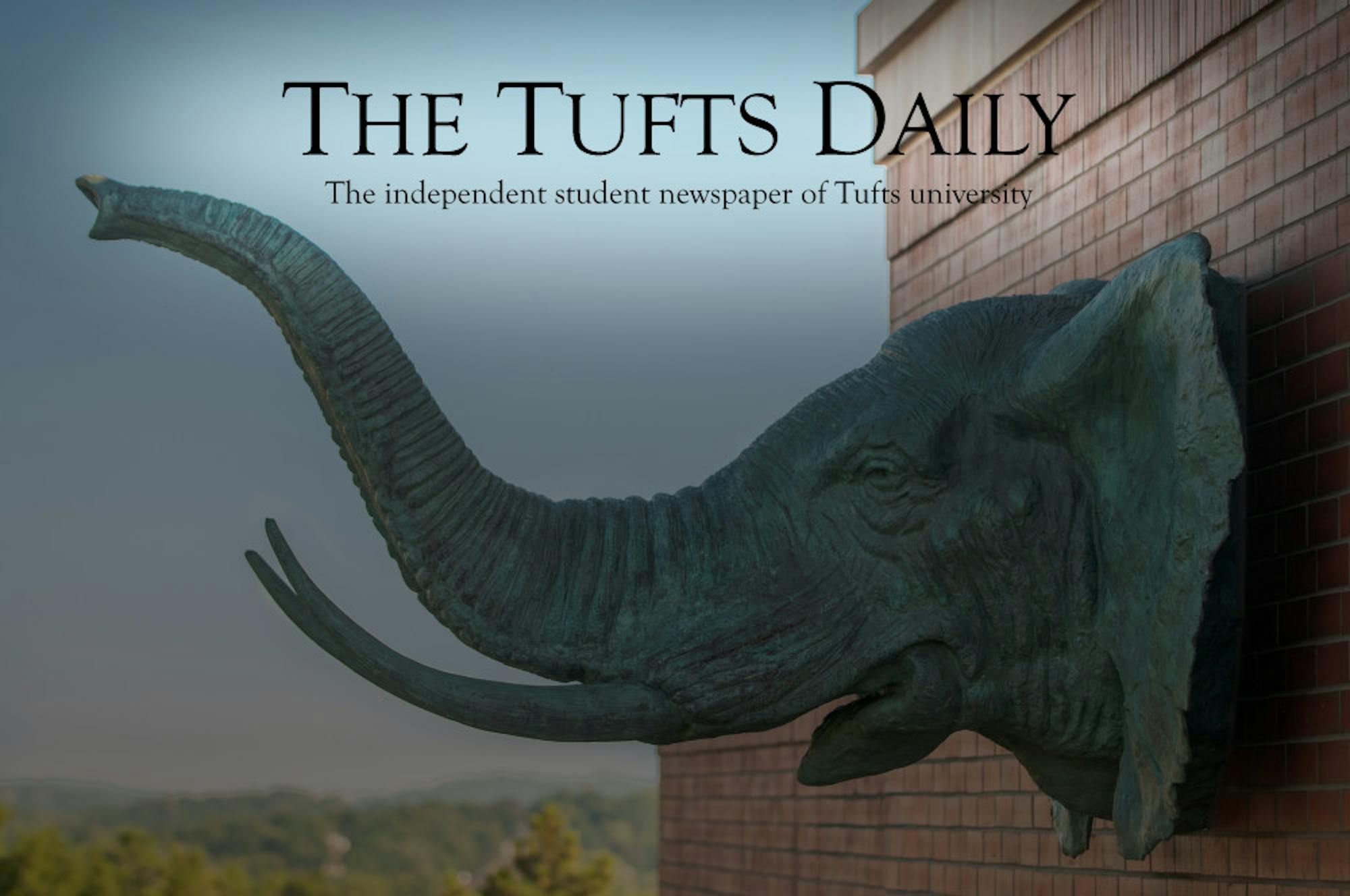An innovative and unique exhibition by artist Maria Magdalena Campos-Pons is currently on display at the Tufts University Art Gallery.
Campos-Pons is an Afro-Cuban artist who specializes in photography, video, sculpture, installations and performance art. The winner of a slew of awards — including the Bunting Fellowship in Visual Arts at Harvard in 1993 and the Rappaport Prize in 2007 — Campos-Pons is known primarily for her installation art and her ability to meld different media together in a cohesive and thought-provoking manner. The Boston-based artist frequently discusses cultural issues, autobiographical undertones and the struggles between identity and conformity in her pieces. These ideas are certainly evident in Campos-Pons’ on-campus exhibition, “My Mother Told Me.”
As a woman who has Nigerian, Chinese and Hispanic roots, Campos-Pons primarily addresses feelings about her heritage and explores how this has affected her identity as a woman and an artist in “My Mother Told Me.”
Upon entering the gallery, visitors may initially feel confused or disoriented — the floor of the front room is peppered with tall, thin sculptures made of wood, glass and metal. Constructed of small, circular shapes and pointed spear-like poles, this piece, entitled “Sugar/Bittersweet,” was created to depict a sugar cane field — demonstrating how the sugar industry played a role in Campos-Pons’ childhood.
The exhibition also includes two groups of large, multi-paneled Polaroid compositions — another style for which Campos-Pons is known. The first of these pieces, “Flag Year 13. Color Code Venice,” consists of nine panels. In this vibrant composition, the viewer sees Campos-Pons dressed in an antique Chinese robe. In one hand, she dangles two ribbons — representing the distance between Boston, Mantazas, Cuba and Ife, Nigeria — all of which are significant locations in the artist’s life. She holds a birdcage in her hand and positions another on her head. This pose represents the balance that Campos-Pons has to maintain in terms of her mixed heritage.
Another unique feature of the Campos-Pons exhibition is the inclusion of video, sound and light. “My Mother Told Me” contains two dark rooms, one of which has a vast display of six vertical ironing boards covered in photographic transfers and video tracks. On each ironing board is a photo or video of a female member of Campos-Pons’ family. The floor of the piece, entitled “Spoken Softly with Mama,” is speckled with white irons, which — in conjunction with the ironing boards — hint at the once-common pressure for females to live conventionally and insubordinately.
Ironically, “My Mother Told Me” conveys a sense of completion and unity due to the fact that it is comprised of a mixture of media. The product of photos, videos, sound, metal, wood, linen and other materials, the exhibition serves as a magnifying glass into the evolution of Campos-Pons herself — a woman influenced by upbringing, heritage, class status, expatriation, gender and society.
Though it does not consist of typical paintbrush-to-canvas art, the exhibition is exemplary of the direction that visual art has been moving towards since the early 20th century. Art is not required to supply each viewer with the exact same message, nor does it need to be aesthetically pleasing to the eye. That is where the true beauty of this exhibit can be found: Though it is eccentric and unconventional, it still generates some sort of reaction, whether positive or negative.
“My Mother Told Me” displays facets of Campos-Pons’ identity, but it also encourages self-reflection. Perhaps that is why the exhibition is so successful: The artist provides visitors with a glimpse into her own heart, mind and past, while simultaneously pushing viewers to do the same.
Overall, the exhibit speaks volumes about Campos-Pons’ artistic ability and displays her immense capacity for innovation. If visitors enter with an open mind and a willingness to reflect, they will leave utterly impressed.
The exhibition, which was scheduled to help celebrate the creation of the new Africana studies program at Tufts, will run until Dec. 8 in the Tisch Gallery of the Aidekman Arts Center. Admission is free and open to the public.






